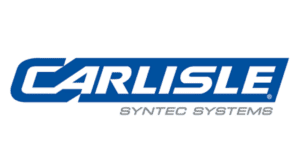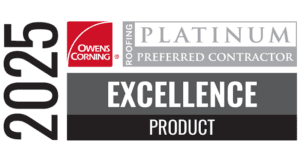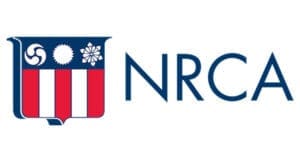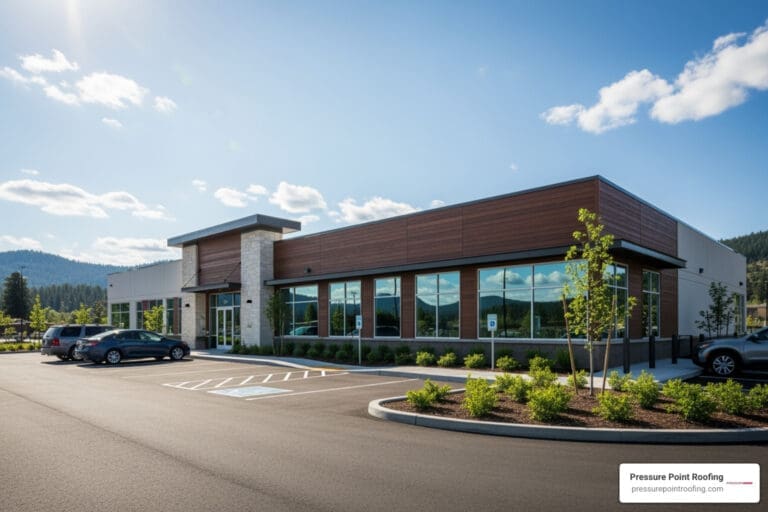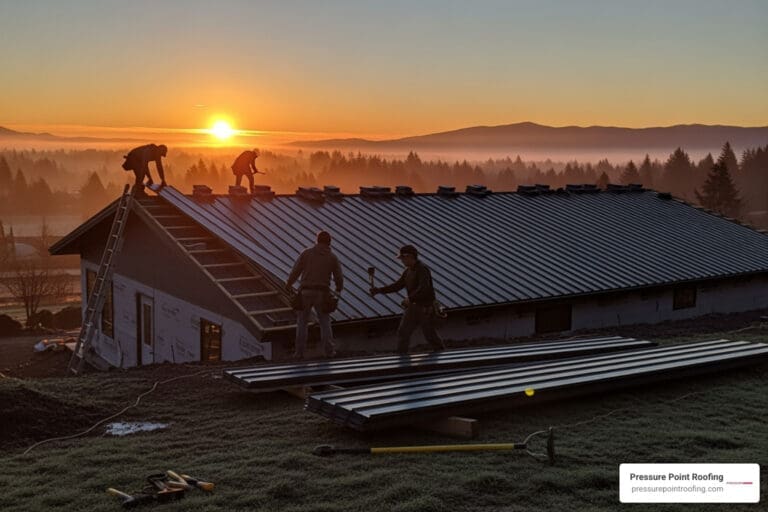How We Help Combat the Urban Heat Island Effect
The urban heat island effect (UHI) is a phenomenon where urban areas generate more heat than the surrounding, rural areas. These areas are hotter for a variety of reasons and can increase heat signatures by up to 10 degrees. Luckily, this phenomenon can be addressed partly by careful residential roofing and planning.
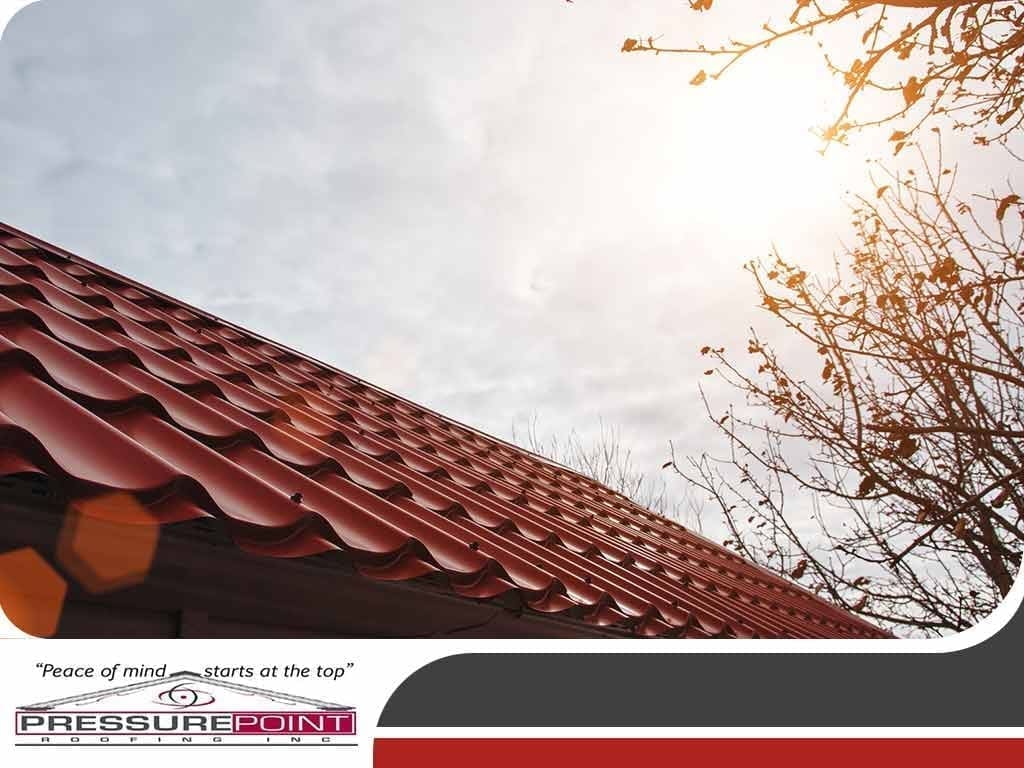
What Causes UHI?
UHI is basically caused by the fact that our cities are absorbing way too much ambient heat from the sun, generating excess heat from our daily activities and technology, and doing very little to mitigate this. One way of looking at this is by studying the physics of color: darker colors tend to absorb more sunlight, which means that they also absorb more of the sun’s heat. So, when you wear a black shirt, you get hotter faster, whereas a white shirt can help you keep cooler.
The same happens in cities when residential and commercial roofs are either made with traditional asphalt shingles or any material in shades that absorb more heat. There’s not much we can do about that since getting white roofing shingles for each and every property just isn’t an option. It doesn’t help that there are fewer trees in urban areas, which impede the area’s evaporative cooling process (hint: it’s what happens when we sweat. Trees do that for our cities).
What Can We Do?
Luckily, there are things we can do to reduce the effect of UHI. First and foremost, we can start by coating our (otherwise standard) roofs with white coatings. Duro-Shield™, for example, has an acrylic white coat that can go a long way towards reducing your roof’s ability to absorb heat.
If white isn’t for you, you can look through any of the cool roof shingles from Owens Corning®. These shingles are designed to reflect more of the sun’s rays back, reducing the amount of heat that gets transferred from the roof to your home. This doesn’t just reduce the UHI effect, but it also makes your home more energy efficient.
On the other hand, you can consider a few residential solar roofing solutions from Owens Corning.. Solar panels, despite their dark color, reflects a lot of the sun’s thermal energy back into the air, reducing the amount of heat your roof absorbs and transfers into your home. And, since it also generates energy for your home, you reduce your reliance on consumer energy providers, which can reduce the load on their respective power plants – which are a major source of heat in the UHI effect. Just make sure to keep up with your roof maintenance if you go this route.
Want to know more about how we can help you reduce the urban heat island effect? Give us a call. Pressure Point Roofing, LLC., can be reached at (541) 772-1945, or you can reach us via our contact form. We look forward to serving our neighbors throughout Medford, OR.
Schedule a Consultation
By submitting this form, I agree to receive calls and text messages (including those sent using automated technology) from Pressure Point Roofing, LLC and its representatives at the number provided. Message and data rates may apply. Message frequency may vary. Consent is not required as a condition of purchase. Reply STOP to unsubscribe at any time.
Related Content
Partners and Awards

